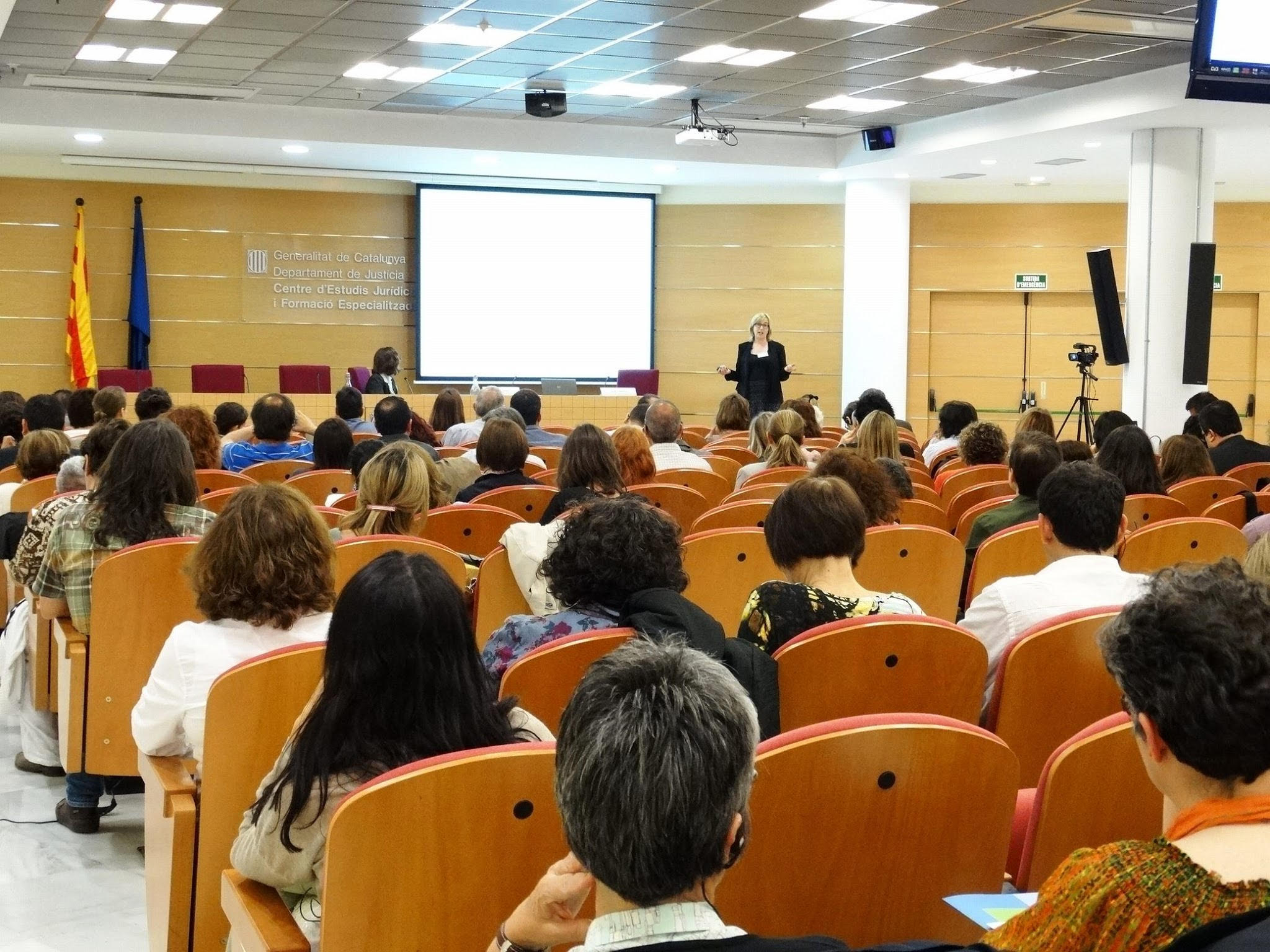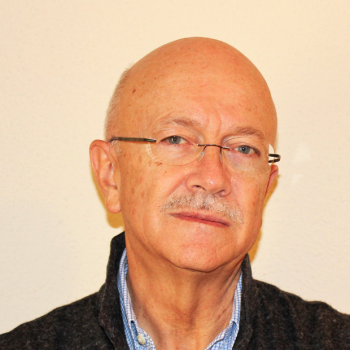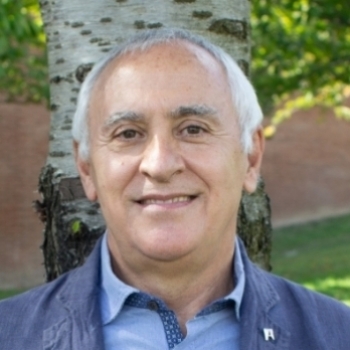CONFERENCES

¿Humanizar las máquinas o maquinizar los humanos? Antropología frente a humanismo. [Humanizing machines or making humans as machines? Anthropology versus humanism]

It is emphasized that machines must be at the service of human beings and can also be seen as a new extension of the human as a technical being. However, machines are separating from the human, and we need to rebuild those relationships. For Andrés Ortega, humanistic, essentially Western approaches that evaluate the impact of technology from an ethical and values-based (or estimative) perspective must be complemented with a more global, anthropological approach that bridges the gap between different cultures regarding and on machines and AI, and that understands AI as a fundamental characteristic of humanity and its cultural evolution.
El liderazgo humanista e impacto de la inteligencia artificial [Humanistic leadership and impactada of artificial intelligence]

AI is not only questioning the nature and meaning of what it generates, but is also highlighting transformations in the organization and functioning of organizations. In this regard, Xavier Marcet's contributions on the skills needed to lead in a technological age seem important to us. We expect leaders who are more capable of leading than mimicking, of asking pertinent questions that lead to improvement, and of creating their own logic based on their observations and experiences. In some ways, he proposes a humanistic management approach rooted in our Western culture, one that understands the logic of impact and the logic of disruption, using the new tools that AI can provide and transcending its meaning.
AI and assessment

AI changes everything. It changes the very nature of work as well as why, what and how we learn. It also changes why, what and how we assess. Donald will outline why AI has become a provocation to assessment in education and the workplace. It has exposed the weaknesses of inadequate, largely text-based assessment. However, when we see it as our friend and not our enemy, the provocation becomes a useful stimulas for relflecion, change and action. Donald will explain why assessment has to change, with real examples of using AI with real learners in real institutions and organisations.
Sentido, utilidad y retos de los Congresos EDO [Meaning, usefulness and challenges of EDO Conferences]

This contribution responds to a request from the Scientific Committee to review and account for the meaning, contributions, and impact of the seven EDO conferences held between 2010 and 2023. Beyond the review of the proceedings of the various scientific meetings, it presents an AI analysis of the published publications and the results of the questionnaire administered to participants on the conferences' impact. This allows the authors to contribute to and compare with other authors some of the challenges that future events should address.


